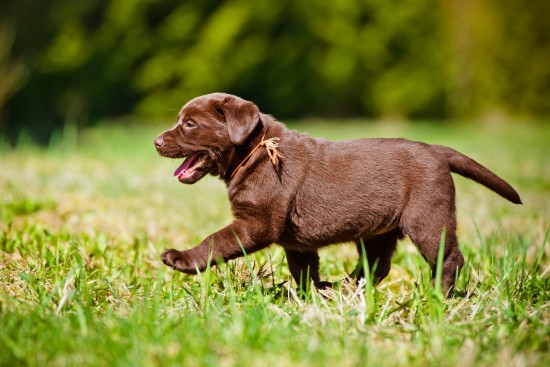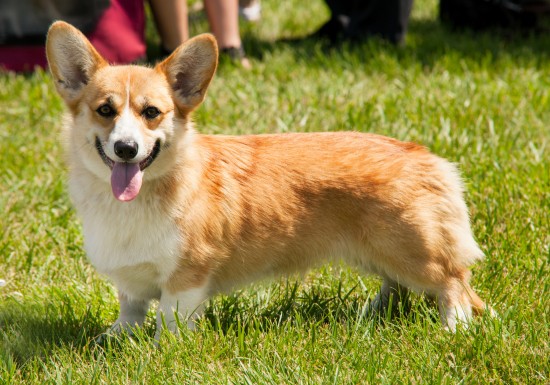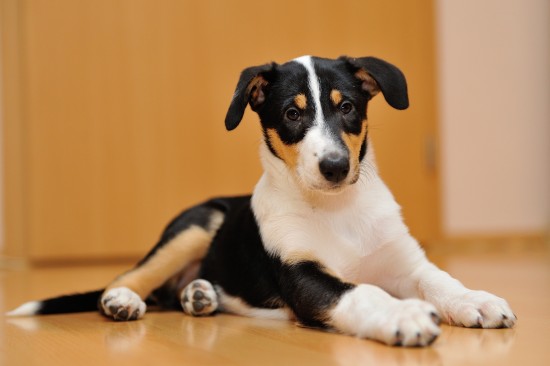

As every dog owner knows, each dog has their own unique personality, which will often manifest in the form of specific behavioural traits in their demeanour. Some dogs are very active, others very lazy, and some are perfectly happy alone and can find their own suitable entertainment without getting bored. However, some dogs will soon get into trouble by trying to find their own amusements, or may even run off, cause problems or prove to be unable to be left alone for any reasonable period of time! This is often a transient phase in the dog that will ultimately pass, but for some dogs, this is simply how they are, for life!
In this article, we will look at some life stages and situations in which dogs should be supervised or kept under watch, and why this might be. Read on to learn more!
Puppies are gorgeous, cuddly and entertaining, but can also be a lot of work! When you first bring your new puppy home, you should arrange to have somebody at home and with them to keep them company and supervise them for the first couple of weeks, only gradually building up to leaving them alone for progressively longer periods of time. Puppies need lots of entertainment and supervision to keep them from getting into a pickle, a well as to help to guide them through the early days of their training with things like house breaking and good behaviour. You should also use this time to get your puppy used to spending time in a crate or alone in a room, so that you can ultimately leave them at home when they get older.
When your children are very young, your dog should be constantly supervised around them to ensure that neither the child does something inappropriate to the dog, nor the dog inadvertently or deliberately hurts the child.
As your children get older and begin to learn about and respect your dog, you should be able to build up to trusting your dog and your kids to get on well together, and being able to spend unsupervised time alone. This is very much dependent on the breed of your dog as well; dogs that are easygoing, friendly and like to play (such as the Labrador Retriever and other kind, gentle breeds) are generally excellent with children. However, some dogs that are more wary such as the Chihuahua or the Chow Chow might never really be that enthused about sharing their home with children.
If you do not have kids of your own but have occasional visitors with children, it is important to supervise your dog when the strangers are around, until you are confident that your dog is happy and safe with the kids and that the kids are not going to start poking at or annoying the dog as soon as your back is turned.
Some dogs are naturally more laid back than others, and despite a reasonable amount of stereotyping by breed, this is not necessarily breed-specific. Dogs that are territorial, dominant or wary of strangers will need closer supervision than other dogs, and should be managed carefully when out walking or if roaming loose in your own yard or garden. If your dog is potentially likely to be snappy or defend your property if someone approaches it, you must ensure that you can watch your dog at all times, or that they are safely restricted to an area where they will not accidentally come into contact with someone that they perceive as a threat or a challenge.
The litmus test for dogs when out walking is whether or not they will tolerate an uninvited approach or touch from a stranger who does not ask first; if their behaviour is not predictable in this type of situation, ensure that they are closely supervised, on a lead, and potentially muzzled.
Some dogs will quite happily sleep for hours on end, and do not really mind being left alone, or with not much to do.
Other dogs are very hyperactive, busy and intelligent, and will soon become bored and potentially destructive if they don’t have something to occupy their time. This is particularly true of dog breeds that have a working history, and are used to spending long periods of time outside working or burning off their energy. With dogs of these types, they will likely require much more human interaction and can tolerate less time left alone than other dogs, meaning that they will need a great deal of supervision and interaction to keep them satisfied and free of boredom.
This does not necessarily mean that you can never leave them alone, but that you will have to carefully monitor how long they can be left alone for, and that you provide plenty of toys and other activities for them to do when you are not there.
 The Personality Traits Of The Corgi Dog
The Personality T
The Personality Traits Of The Corgi Dog
The Personality T
 Vulnerable Uk Native Dog Breeds - Pastoral, Toy And Working Groups
Vulnerable Uk Nat
Vulnerable Uk Native Dog Breeds - Pastoral, Toy And Working Groups
Vulnerable Uk Nat
 8 Cat Myths De-mystified
8 Cat Myths De-my
8 Cat Myths De-mystified
8 Cat Myths De-my
 Dogs Are People Too – Almost!
Dogs Are People Too – Almost!
 Did You Know That Kennel Cough Affects Cats Too? Feline Bordetellosis
Did You Know That
Did You Know That Kennel Cough Affects Cats Too? Feline Bordetellosis
Did You Know That
Copyright © 2005-2016 Pet Information All Rights Reserved
Contact us: www162date@outlook.com